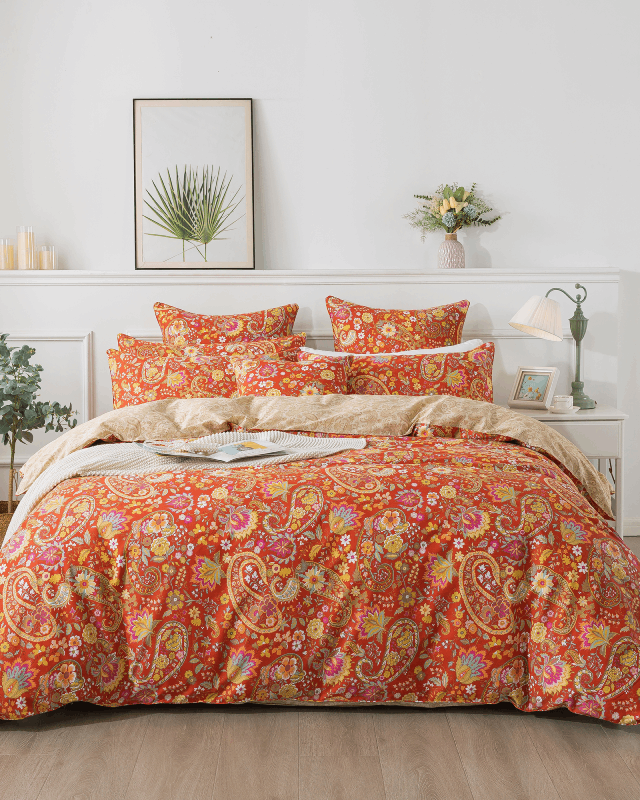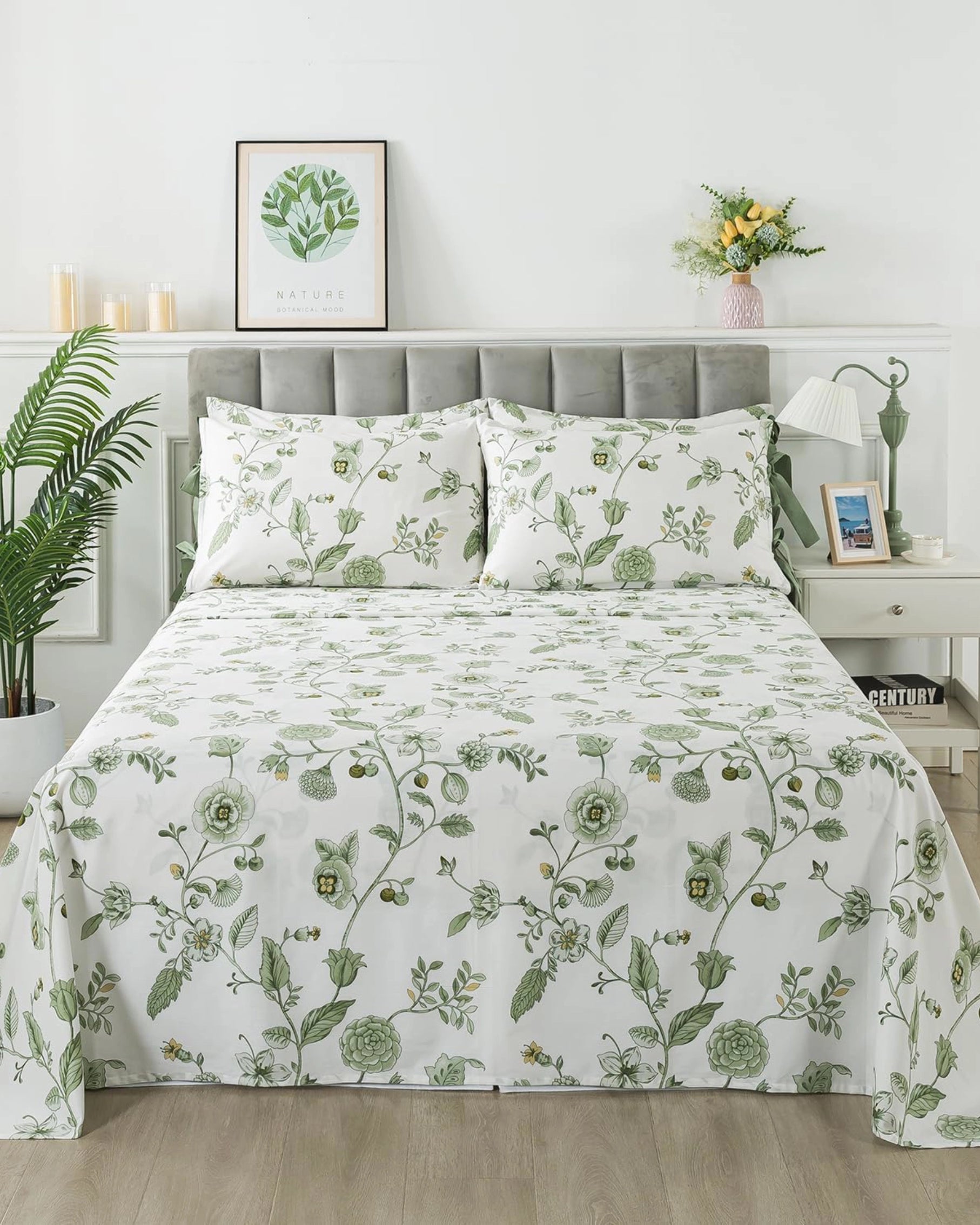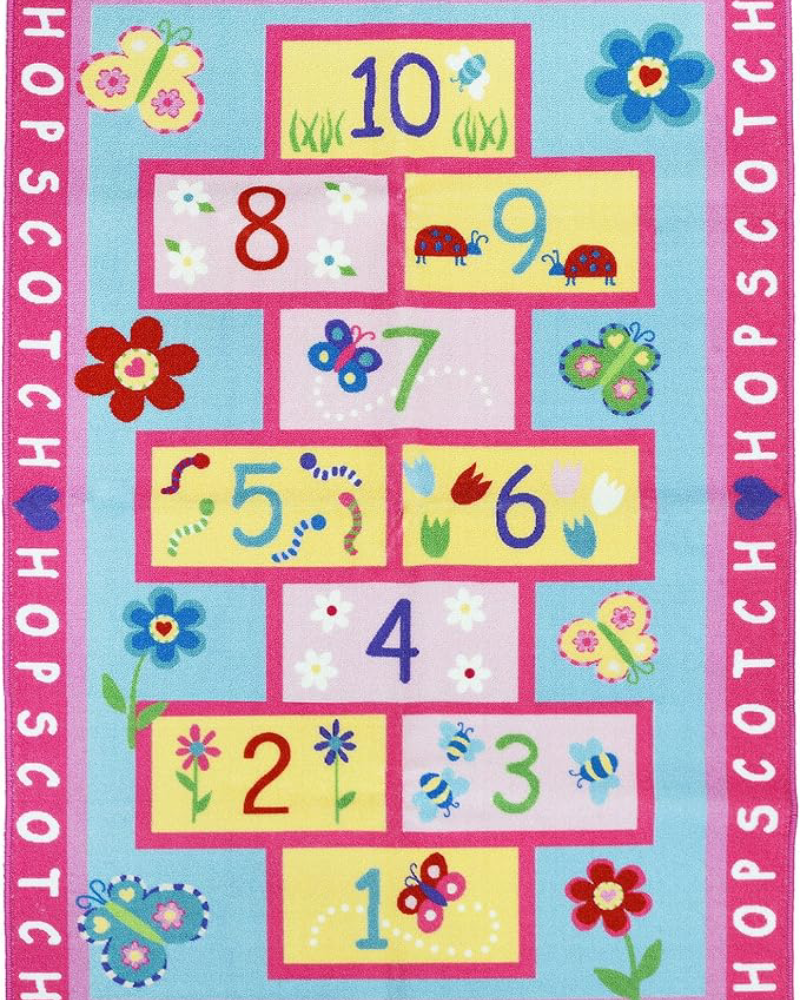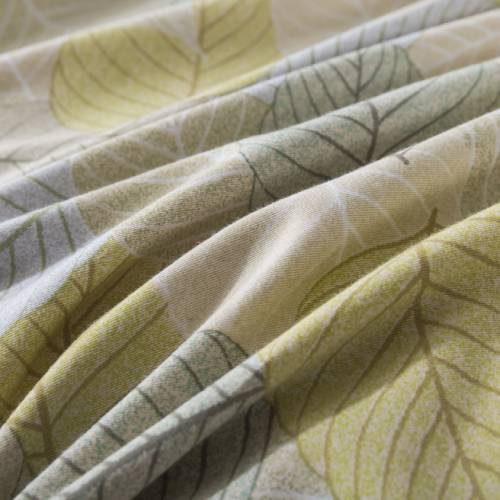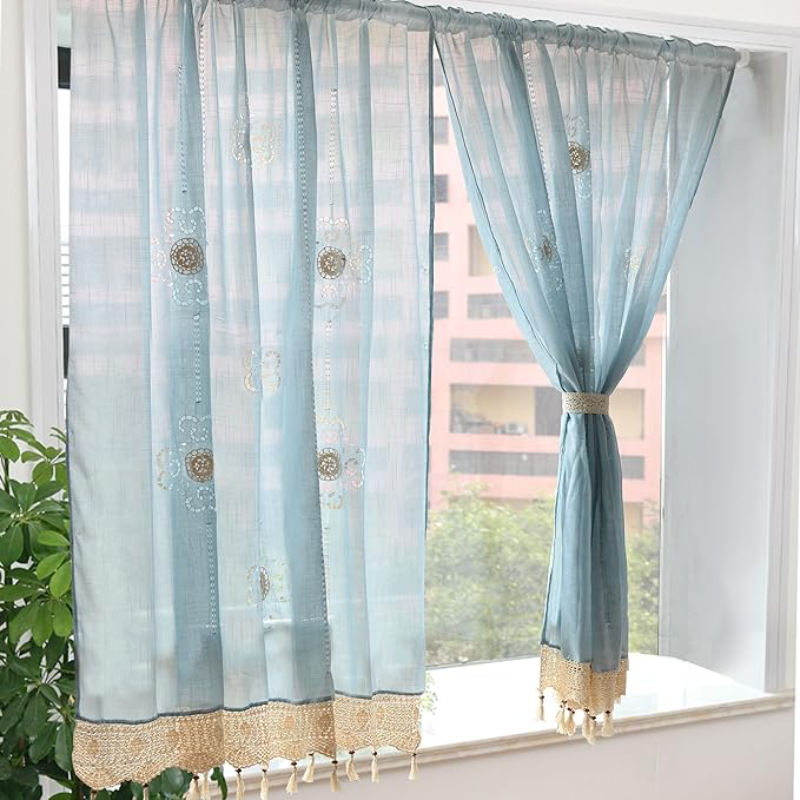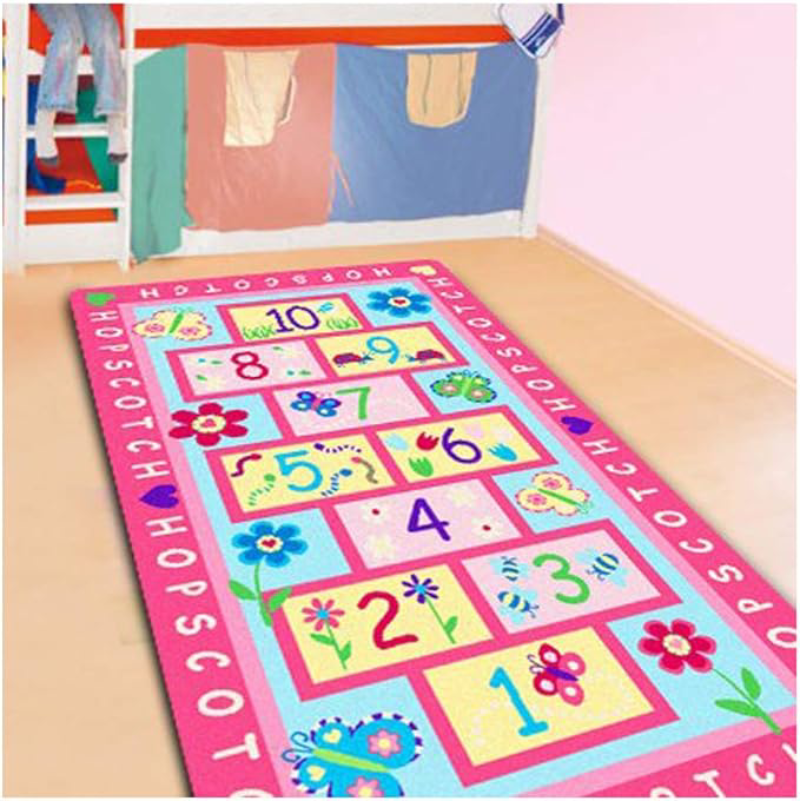Comfort is one of the most important factors when it comes to getting a good night’s sleep, and your bed sheets play a crucial role in how restful and relaxing your sleep experience can be. However, many people overlook the importance of selecting the right bed sheets, often choosing based on appearance or price alone, rather than prioritizing comfort.
This blog will explore what makes bed sheets truly comfortable, how to identify the best materials and weave patterns, and how to ensure your sheets contribute to a perfect night’s sleep. Let’s dive into the key elements of comfort when it comes to bed sheets.
The Importance of Comfortable Bed Sheets for Sleep Quality
Your bed is where you recharge, relax, and recover. If your bed sheets are uncomfortable, they can disrupt your sleep, making it harder to fall asleep or stay asleep. Uncomfortable sheets can also cause irritation, overheating, or simply make it difficult to relax fully. Over time, poor sleep can affect your physical and mental health, leading to fatigue, mood swings, and even more serious issues like a weakened immune system or difficulty concentrating.
Given that we spend about a third of our lives sleeping, ensuring that your bed sheets are comfortable is not just a luxury—it’s a necessity.
What Makes Bed Sheets Comfortable?
Comfort in bed sheets comes from a combination of factors: material, thread count, weave type, and even the fit of the sheets on your mattress. Each of these factors contributes to the overall feel of the sheets and determines whether they will keep you comfortable or leave you tossing and turning.
Material: Choosing the Right Fabric
The material of your bed sheets plays the most significant role in their comfort level. Different fabrics offer varying degrees of softness, breathability, moisture absorption, and durability. Let’s look at some of the most popular materials:
Cotton: Known for its softness, breathability, and durability, cotton is one of the most common and comfortable materials for bed sheets. Egyptian cotton, Pima cotton, and organic cotton are high-quality options that offer luxurious softness and breathability, making them perfect for year-round comfort.
Linen: Linen sheets are popular for their cooling properties and moisture-wicking abilities, making them ideal for hot sleepers or warm climates. While linen can feel rough at first, it softens with each wash and offers a relaxed, airy feel.
Silk: For a truly luxurious sleep experience, silk bed sheets are known for their smooth and soft texture. Silk is naturally hypoallergenic and gentle on the skin, making it a good choice for people with sensitive skin. However, silk can be more delicate and requires special care.
Bamboo: Bamboo sheets are a newer option that has gained popularity for their eco-friendly qualities. Bamboo fabric is soft, moisture-wicking, and breathable, helping to regulate body temperature and keeping you comfortable throughout the night.
Microfiber: Made from finely woven synthetic fibers, microfiber sheets are soft and durable. While they are generally more affordable than natural fibers like cotton or linen, microfiber sheets can sometimes feel too warm for people who tend to overheat during the night.
Thread Count: Does Higher Always Mean Better?
Thread count refers to the number of threads woven into one square inch of fabric, and it's often used as a measure of quality and comfort. While a higher thread count can result in softer sheets, it’s not the only indicator of comfort.
For cotton sheets, a thread count between 300 and 500 is considered ideal for a balance of softness and breathability. Sheets with a thread count above 600 can feel heavier and less breathable, while those with a very low thread count (below 200) may feel rough and thin.
It's important to remember that thread count is just one factor. A high thread count in low-quality cotton will not feel as comfortable as a lower thread count in a premium cotton like Egyptian or Pima.
Weave Type: Impact on Feel and Comfort
The weave of the fabric also affects how bed sheets feel. Two of the most common weaves are percale and sateen:
Percale: Percale is a plain weave that gives the fabric a crisp, cool feel. Sheets with a percale weave are often preferred by hot sleepers because they allow for more airflow, keeping you cooler throughout the night. Percale sheets tend to be more lightweight and breathable, making them ideal for warm weather or anyone who prefers a cooler sleep environment.
Sateen: Sateen weave has a smooth, silky feel and a slight sheen, making the sheets feel luxurious and soft. These sheets are generally thicker and warmer than percale, making them a good choice for cooler months or people who prefer a cozier, softer feel.
Fit and Size: Proper Fitting Sheets Matter
Even the softest and most luxurious sheets won’t feel comfortable if they don’t fit your mattress properly. Ill-fitting sheets can bunch up, slip off, or feel too tight, disrupting your sleep. Make sure to choose sheets that are the right size for your mattress, including the depth of your mattress (especially if you have a pillow-top mattress or use a mattress topper).
Fitted sheets should have deep enough pockets to fit securely over the corners without coming loose. Flat sheets should be large enough to tuck in without feeling too tight, allowing for movement and comfort throughout the night.
Other Factors That Influence Comfort
Temperature Regulation: Stay Cool or Cozy
One of the biggest factors that can disrupt your sleep is overheating. If you tend to sleep hot, choosing the right fabric is key. Look for materials like cotton, linen, or bamboo, which are breathable and moisture-wicking, helping to keep you cool and dry during the night.
On the other hand, if you tend to get cold at night, materials like flannel or sateen may provide the warmth and coziness you need. Silk can also be a good option for year-round comfort, as it naturally regulates temperature and adapts to your body’s needs.
Maintenance: How Easy Are They to Care For?
Comfort also comes from how easy your sheets are to maintain. Cotton and microfiber sheets are generally low-maintenance and can be machine-washed and dried. Linen and silk, while luxurious, require more delicate care, such as hand-washing or dry cleaning. Choosing bed sheets that are easy to care for ensures they remain soft and comfortable over time, without losing their quality after frequent washing.
Signs That Your Bed Sheets Are Not Comfortable Enough
So, how do you know if your bed sheets are uncomfortable? Here are a few signs:
Rough texture: If your sheets feel scratchy or rough against your skin, it’s time to consider upgrading to a softer fabric.
Overheating: Waking up feeling sweaty or too hot can indicate that your sheets are not breathable enough. Switching to cooling materials like cotton, linen, or bamboo can improve temperature regulation.
Slipping off the mattress: If your fitted sheet is constantly coming off the corners, it might be too small or not deep enough for your mattress.
Wearing out quickly: Low-quality sheets may begin to wear thin, pill, or tear after only a few washes. Investing in higher-quality sheets will save you money in the long run and provide better comfort.
How to Choose the Right Bed Sheets for Your Comfort
Choosing the right bed sheets is all about understanding your own sleep preferences and needs. If you tend to sleep hot, focus on breathable fabrics like cotton, linen, or bamboo. If you love a silky-smooth feel, opt for sateen or silk sheets. For those who prefer a crisp, cool feel, percale sheets are a great option.
When purchasing new bed sheets, consider not only the material and weave but also the thread count, size, and care instructions to ensure you’re choosing sheets that will offer maximum comfort and last for years to come.
Conclusion
The comfort of your bed sheets is crucial to a restful night’s sleep. By paying attention to the material, weave, thread count, and fit of your sheets, you can ensure that your bed is a haven of comfort and relaxation. Investing in high-quality, comfortable sheets can make a world of difference in the quality of your sleep, helping you wake up refreshed and ready to tackle the day.

